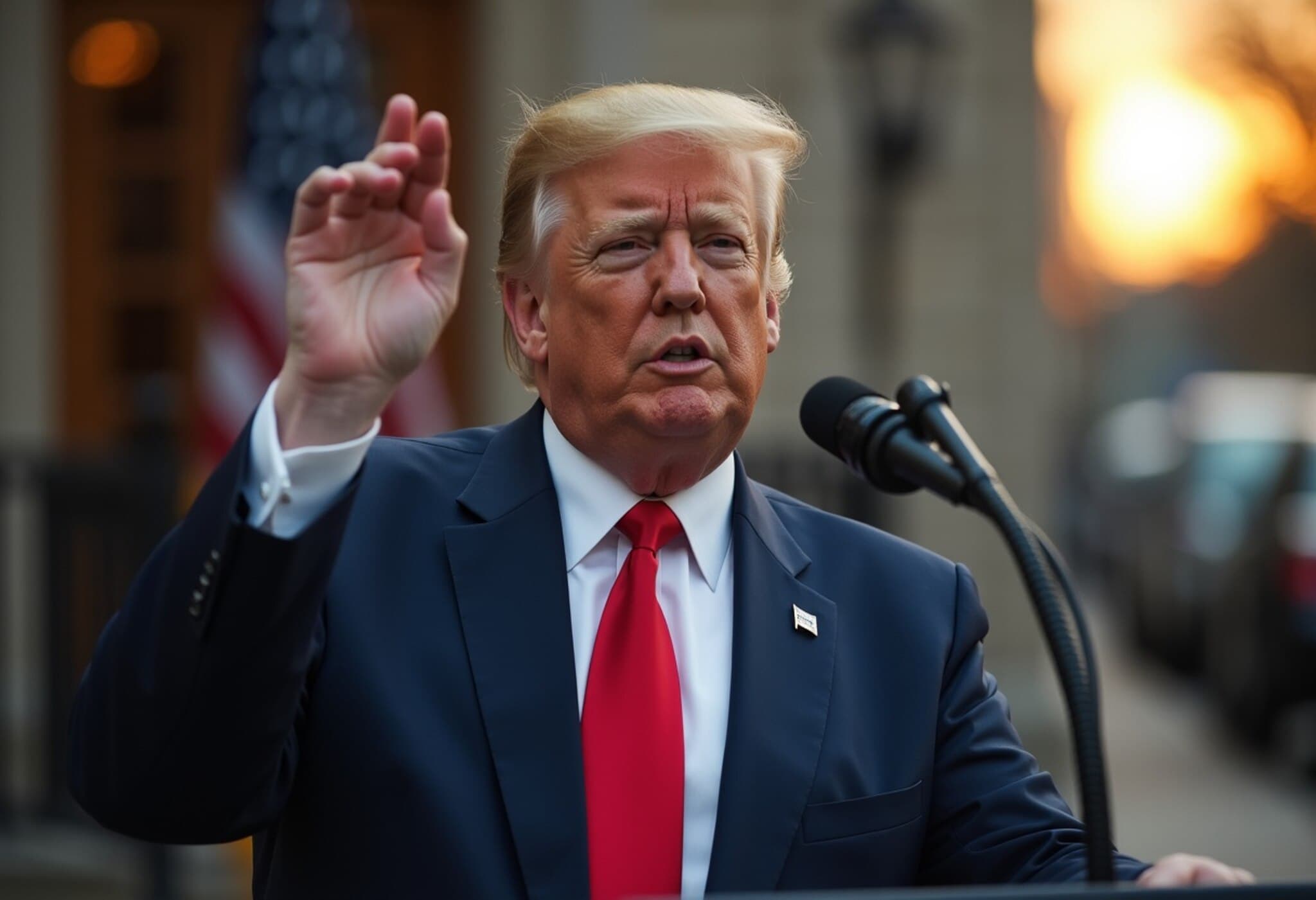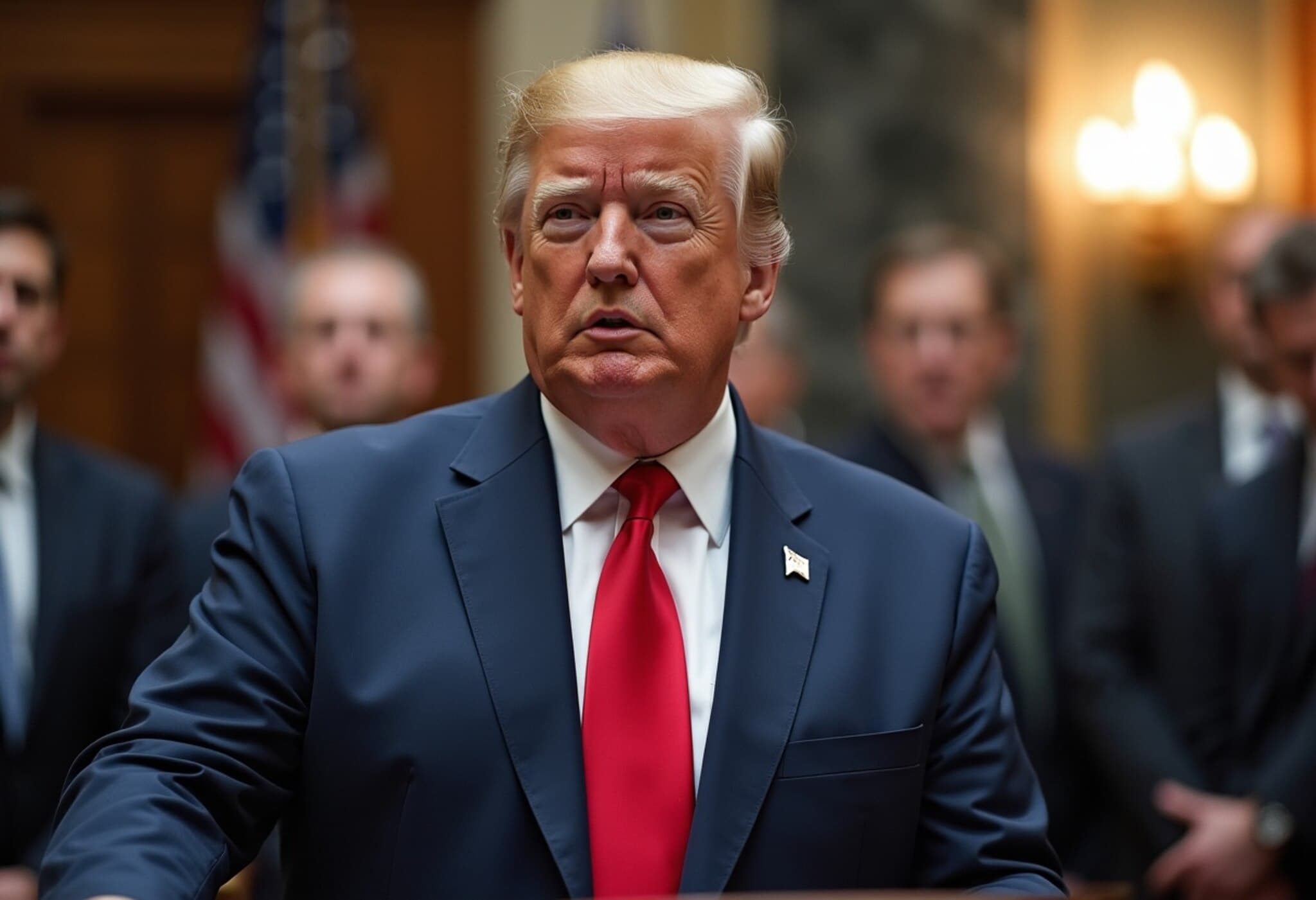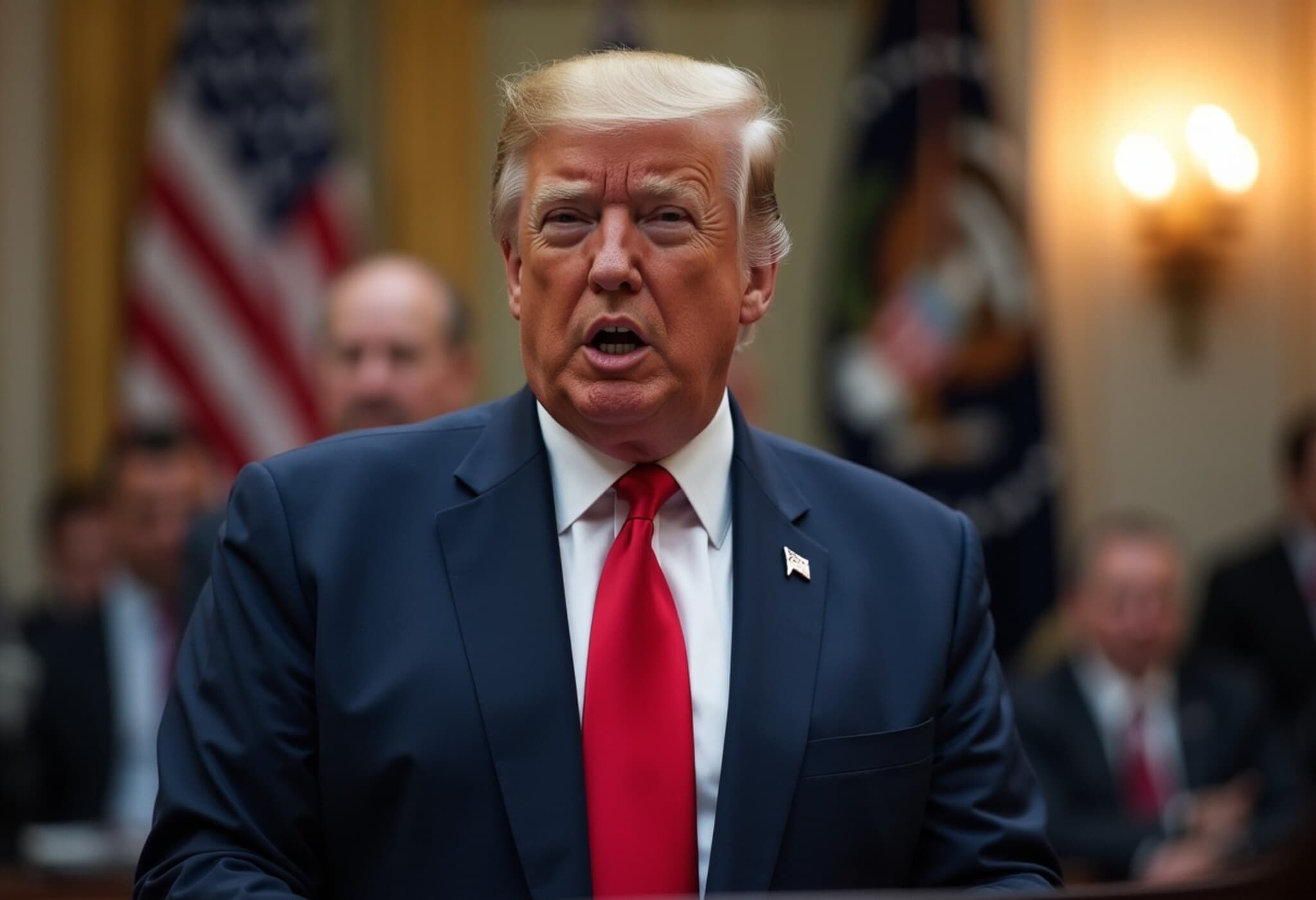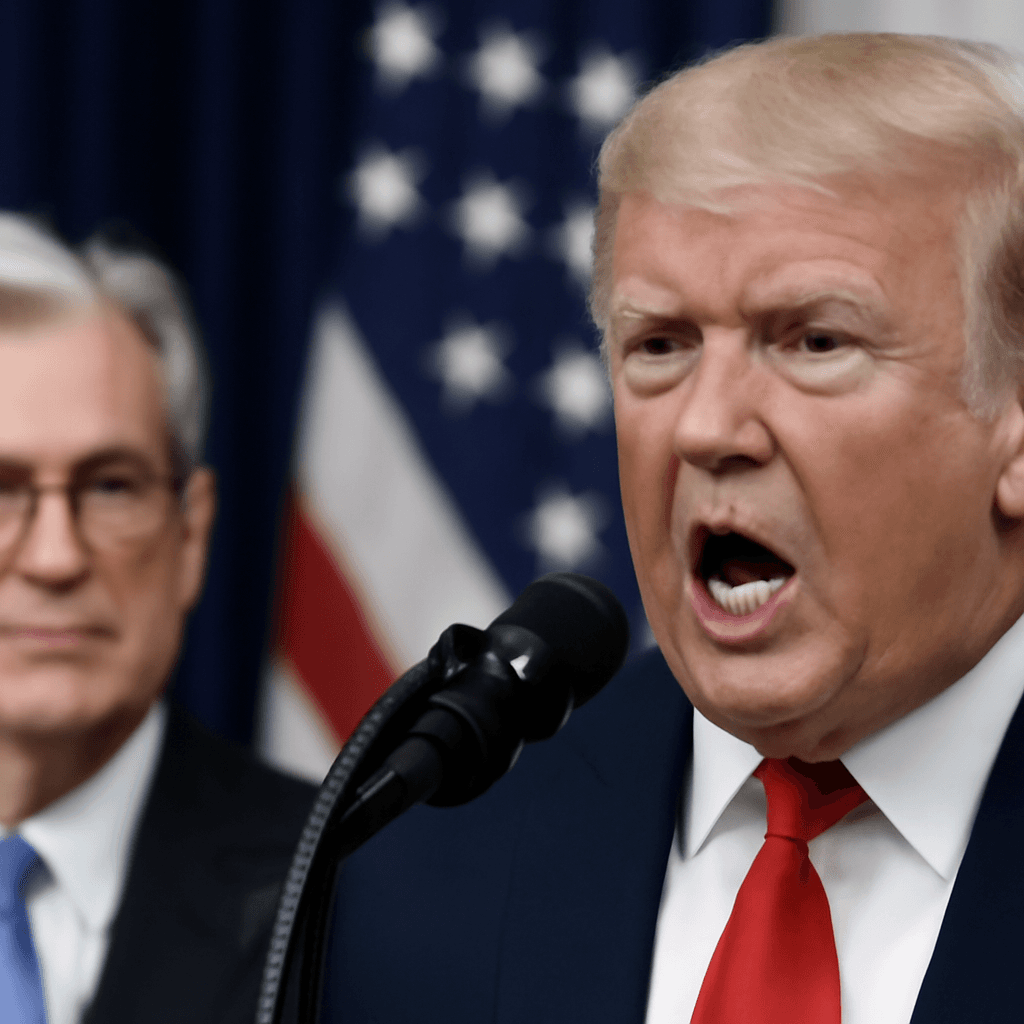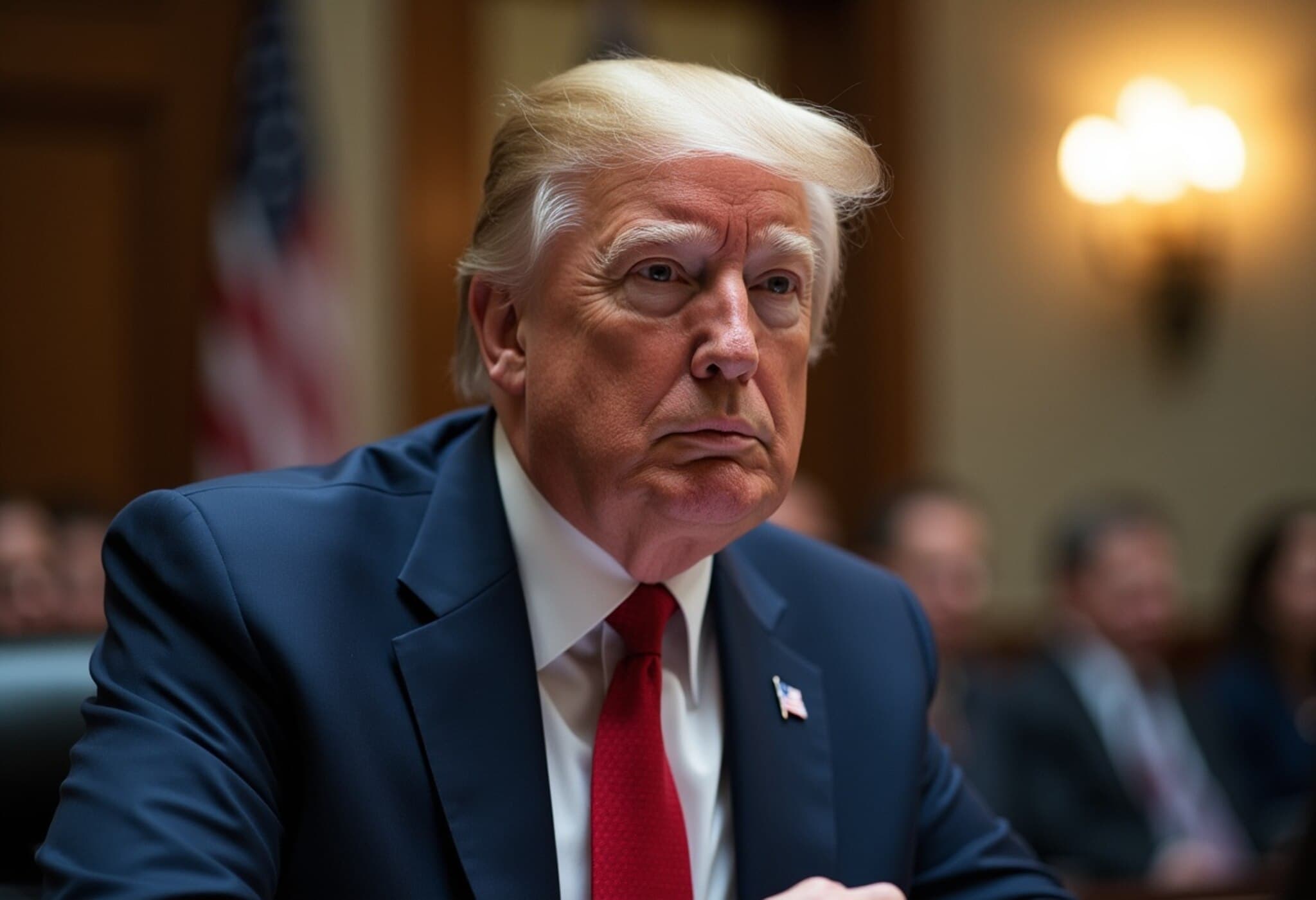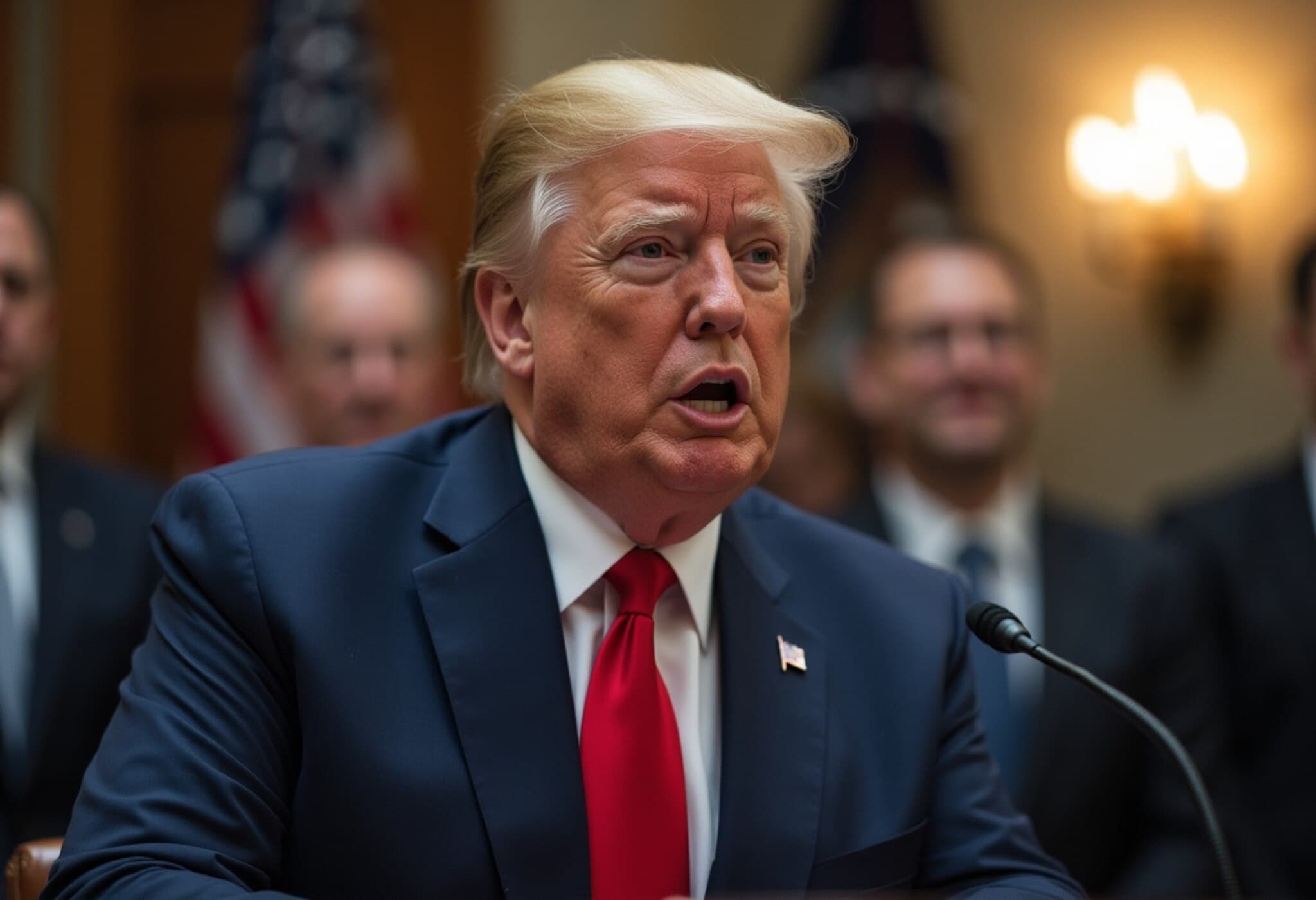Trump’s Controversial Dismissal Raises Alarm Over Economic Data Integrity
On August 1, 2025, President Donald Trump abruptly fired Erika McEntarfer, the Senate-confirmed head of the Bureau of Labor Statistics (BLS), following the release of disappointing U.S. job market data. This move has ignited fierce criticism from economists, policymakers, and former government officials who warn that tampering with independent economic statistics could have far-reaching and harmful consequences for the American economy.
Why Independence of the Bureau of Labor Statistics Matters
The BLS plays a crucial role in America’s economic landscape by compiling and reporting objective data on employment, wages, and prices. Although part of the Department of Labor, the agency is designed to operate independently, ensuring that its statistics remain free from political influence. This impartiality is a cornerstone of trust for policymakers, businesses, and financial markets alike.
Federal Reserve Chair Jerome H. Powell emphasized the importance of reliable data at a recent briefing: "Good data helps not just the Fed, it helps the government, but it also helps the private sector." He added, "The United States has been a leader in that for 100 years, and we really need to continue that in my view." Indeed, Federal Reserve officials depend heavily on data from the BLS to guide monetary policy decisions, which affect interest rates, inflation controls, and ultimately, the economic well-being of millions of Americans.
Concerns Raised by Experts and Former Officials
Many experts have voiced unease that President Trump’s firing of McEntarfer signals an effort to manipulate economic data for political gain. Janet L. Yellen, former Treasury Secretary and Federal Reserve Chair, condemned the decision as "deeply troubling" and likened it to governance seen in unstable states, declaring, "This is the kind of thing you would only expect to see in a banana republic."
Historical Lessons: When Political Pressure Distorts Economic Data
The consequences of politicizing economic statistics are well-documented across the globe and serve as cautionary tales for the U.S.
- China: In the early 2000s, local Chinese governments manipulated growth data to meet central government targets, rendering official reports unreliable and forcing analysts to seek alternative measures to assess the true economic health.
- Greece: For years, Greek officials falsified deficit figures, obscuring the severity of the nation’s debt crisis and contributing to a prolonged financial meltdown that demanded multiple international bailouts. Notably, Greece’s statistical agency head faced criminal charges for insisting on accurate reporting.
- Argentina: Systematic underreporting of inflation rates in the 2000s and 2010s led to widespread skepticism about the country’s official economic data, undermining investor confidence and policymaking.
These examples illustrate how political interference in official statistics can erode trust, cripple economies, and provoke regulatory crises. Experts caution that similar patterns could imperil the credibility of the U.S. economic data infrastructure if political pressure continues to mount.
Broader Implications for U.S. Economic Governance
Reliable employment figures are not just numbers—they shape critical decisions. From setting interest rates and tax policies to guiding business investments and social programs, accurate data is the backbone of effective governance and economic stability.
The Trump administration’s controversial action raises important questions about the future of institutional independence in America. Will political expediency override transparency? How will investors, policymakers, and the public respond if confidence in U.S. economic data wanes?
Maintaining the integrity of economic statistics is more than a bureaucratic detail—it's essential for safeguarding democratic accountability and ensuring sound economic policy that serves all Americans.
Expert Commentary: Navigating the Path Ahead
Dr. Susan Keller, a senior economist specializing in labor markets, notes, "When data collection agencies lose their independence, it not only skews policymaking but damages the very fabric of economic trust. This is a pivotal moment for U.S. institutions to reaffirm their commitment to impartiality and transparency."
Editor's Note
This unsettling development spotlights the fragility of institutional safeguards designed to protect unbiased government data. For readers, it’s imperative to consider how independent economic reporting underpins not only sound policy but also public confidence in governance. As the story unfolds, attention must remain laser-focused on preserving the integrity of America's vital statistical agencies amidst political pressures.



